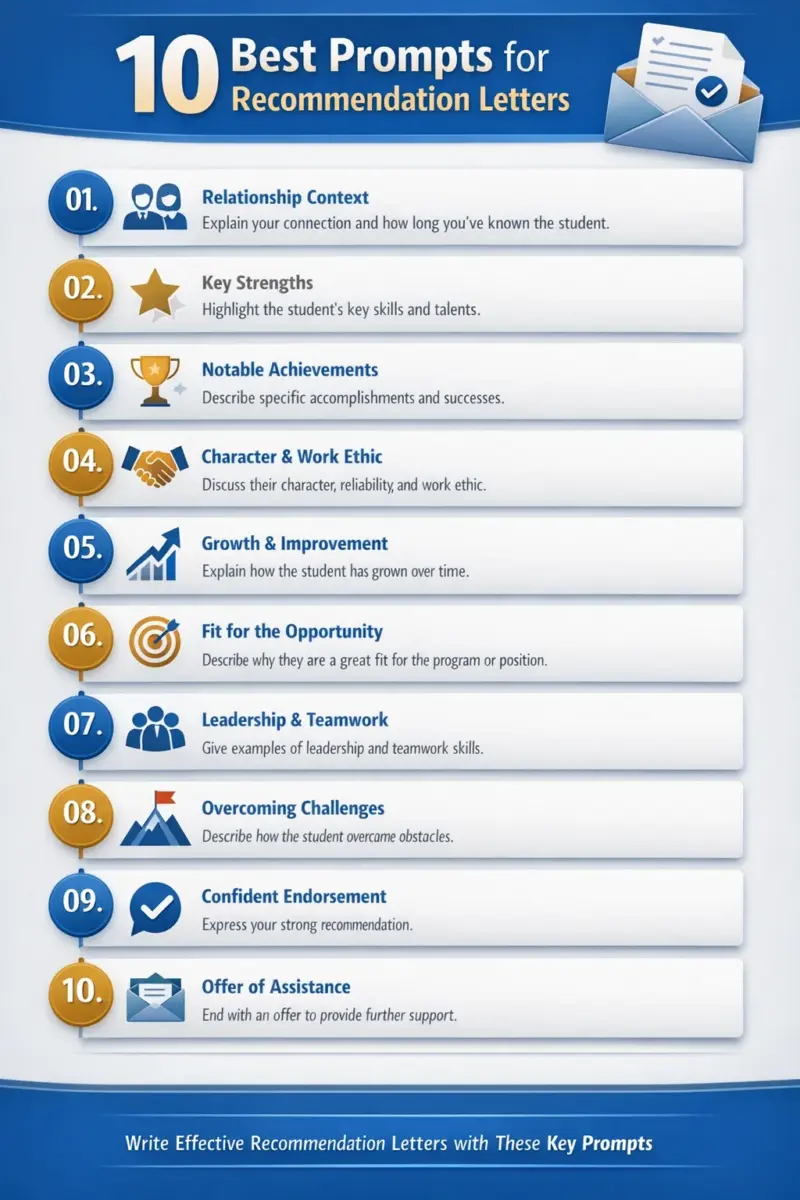The International English Language Testing System (IELTS) is a pivotal examination for non-native English speakers seeking to study, work, or live in English-speaking countries. One of the most challenging components of this exam is the Writing module, which assesses a candidate’s ability to write effectively in English. Fortunately, the advent of Artificial Intelligence (AI) tools has opened up innovative avenues for candidates to prepare for this segment of the exam more effectively. This article delves into how AI tools can be harnessed to enhance writing skills and thus improve your IELTS writing score.
Understanding the IELTS Writing Module
The writing module of the IELTS exam is divided into two tasks. Task 1 requires test-takers to summarize, describe or explain a given graph, table, chart, or diagram in their own words. In contrast, Task 2 asks candidates to write an essay in response to a point of view, argument, or problem. Both tasks demand a high degree of linguistic proficiency, coherence, and cohesion in writing.
AI-Powered Writing Assistants
AI writing assistants like Grammarly, Ginger, and Hemingway are incredibly beneficial for improving grammar, punctuation, and style. These tools provide real-time corrections and suggestions that can help candidates eliminate errors and polish their writing, making it more natural and fluent. By consistently using these tools while practicing, IELTS candidates can significantly reduce the number of mistakes in their writing tasks.
Personalized Feedback
Advanced AI platforms go beyond simple corrections. Tools like Write & Improve by Cambridge can provide immediate, personalized feedback on written work. Candidates can submit their practice essays and receive scores akin to what an IELTS examiner might give, along with detailed explanations of shortcomings and areas of improvement. Such focused feedback is pivotal for identifying and addressing specific weaknesses in writing.
Vocabulary Enhancement Tools
An extensive and appropriate vocabulary is critical for a good score in the IELTS writing task. AI tools like Vocabulary Builder and Quizlet use algorithms to tailor vocabulary learning to the individual’s needs. By employing spaced repetition and other learning techniques, these tools help in memorizing high-frequency IELTS vocabulary faster, thereby enabling a more diverse and precise use of language in writing.
Writing Coherence and Cohesion
AI can assist in evaluating the coherence and cohesion of your essays, aspects heavily weighted in the IELTS scoring rubric. Tools that analyze text structure can guide learners in organizing their essays more logically and ensuring paragraphs flow smoothly from one to the next with appropriate transitional phrases.
Leveraging Dedicated IELTS Writing Checkers
In the realm of IELTS Writing preparation, dedicated IELTS writing checkers offer an unparalleled edge. These specialized tools, like IELTS Writing Checker, are specifically designed to mirror the IELTS assessment criteria, including Grammar, Task Response, Coherence and Cohesion, and Lexical Resources.
With such a writing checker, candidates receive a realistic band estimation that reflects what IELTS examiners look for in high-scoring essays. The detailed feedback generated by AI algorithms is invaluable, as it dissects your writing to show how precise and coherent it appears to expert eyes. This insight is not only an enlightenment but also a call to action for candidates to refine specific aspects of their writing skills.
The platform’s unlimited practice opportunities ensure that candidates can engage with the tool at any time, making consistent progress visible in a personalized dashboard. This sort of round-the-clock accessibility to IELTS essay corrections demystifies the exam content and makes preparation all the more convenient and targeted.
For those tackling the Academic version of the IELTS, the IELTS Writing Checker offers tailored practice for chart and diagram questions in Academic Task 1. The AI’s keen assessment of the accuracy and precision of answers helps detect any inconsistencies, thereby bolstering a candidate’s ability to handle various types of graphical data presentations.
Further, spelling and grammar corrections presented by the tool do more than just highlight errors. They come with thorough explanations, enabling learners to understand the nature of their mistakes and, crucially, avoid them in the future. This feature strengthens the foundation of a candidate’s writing mechanics – an essential element of language proficiency.
In evaluating task response, the tool measures the candidate’s ability to fully grasp the question and provide comprehensive and appropriately tailored answers. This pushes candidates to enhance their critical thinking skills and their aptitude for constructing well-reasoned, articulate responses.
Lastly, the AI provides insights into the tone, flow, and structure of the text. By highlighting repetition, identifying linking words, and offering advice to improve cohesion within the text, the IELTS Writing Checker encourages candidates to lift their writing to the next level, paving the way for a successful IELTS outcome. With such a potent combination of detailed analyses and educational support, tools like IELTS Writing Checker are revolutionizing how candidates approach the daunting IELTS Writing module.
Time Management
The IELTS Writing module is time-bound, with only 60 minutes to complete both tasks. AI-driven writing simulators can mimic the exam environment, helping candidates practice managing their time effectively. Through such simulated experiences, test-takers can learn to allocate appropriate time to planning, writing, and reviewing their responses.
Plagiarism Checkers
Originality in responses is crucial. AI plagiarism checkers can ensure that written work is unique and free from unintended borrowings. This is particularly useful for candidates who are heavily reliant on sample essays during their preparation, as it encourages them to develop their voice and style.


